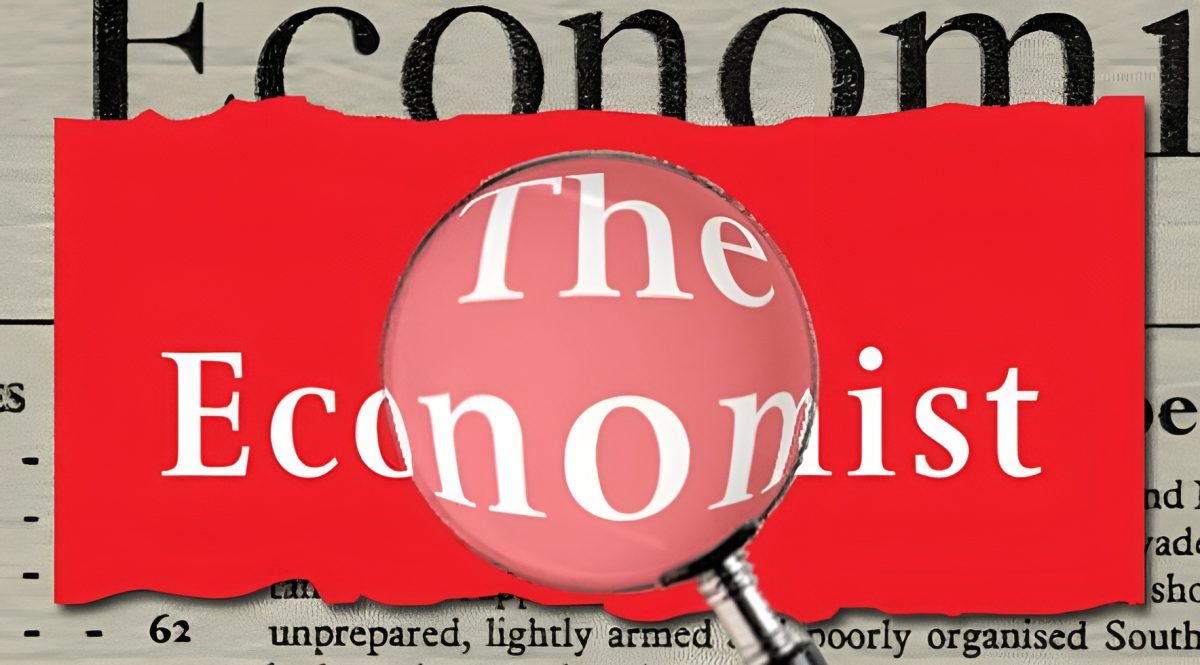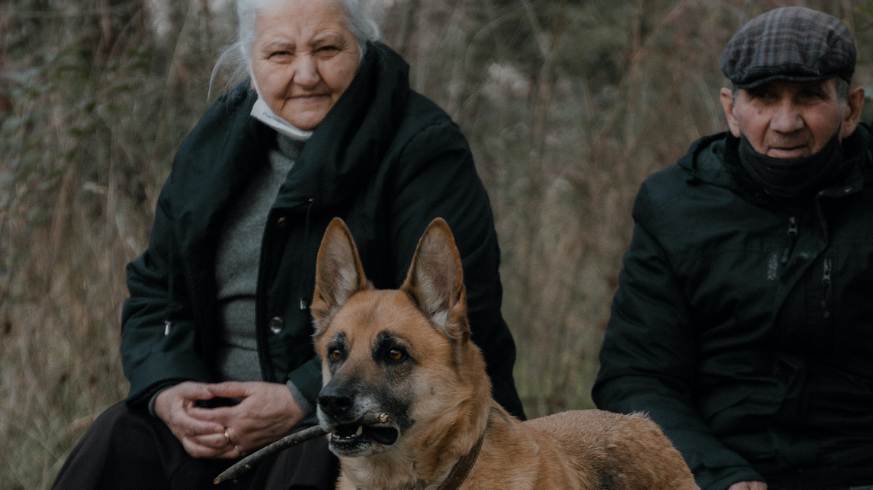I came across the following article in the Wall Street Journal last week. Many of the themes and experts will be familiar to readers of my previous posts on happiness (hedonic adaptation, Alan Krueger, etc.) but I thought it was interesting nonetheless.
“Yes, money can buy happiness. But you have to spend it with care.
Take your dad to the Super Bowl. Buy a home near the office. Get married. Go out to dinner with the family. Take a memorable vacation, and be sure to buy souvenirs.
Where does this advice come from? I talked to half-a-dozen academics who specialize in „happiness research” – and asked what changes they had made in their own lives.
• Relishing the day. Possibly the biggest obstacle to greater happiness is so-called hedonic adaptation. Sure, you are thrilled when you first get promoted or get a pay raise. But soon enough, the thrill fades and you are lusting after something else.
„When something good happens, you want to find a way to hold on to it for longer,” says David Schkade, a management professor at the University of California at San Diego. For instance, you might go out to dinner to celebrate even modest career accomplishments. Similarly, you should purchase souvenirs or take photos when you’re on vacation, so you remember the trip for longer.
Prof. Schkade tries to follow his own advice. As an undergraduate, he attended the University of Texas at Austin. When the Longhorns won the national championship in January at the Rose Bowl, he bought T-shirts that marked the occasion, so he wouldn’t quickly forget the team’s victory.
„You have to combat adaptation,” Prof. Schkade says. „You want to celebrate the small things, not just the big ones. If you save all your celebrations for getting married or becoming vice president, you won’t celebrate very much.”
• Dodging traffic. Studies have found that commuting ranks as one of life’s least enjoyable activities. The reason: While folks often adapt to changes in their lives, both good and bad, it’s tough to adapt to commuting, because you can never be sure how much traffic you’ll hit.
„Lack of control is what tends to induce stress in human beings,” notes Andrew Oswald, an economics professor at England’s Warwick University. „It made me re-evaluate whether I should be a long-distance commuter.” A few years ago, Prof. Oswald moved closer to his office, slashing his commuting time from 60 to 20 minutes.
• Seeing friends. If commuting makes people so unhappy, why do they take jobs or buy homes that will mean a long commute? Folks rely on their initial reaction – and, at first, the long commute may not seem so bad. „People don’t think about how things will play out over time,” says Cornell University economics professor Robert Frank.
Suppose you have the chance to take a higher-paying job that will leave you with less time for socializing. At first blush, that might strike you as a reasonable trade-off. But in all likelihood, you will quickly take the larger salary for granted.
Meanwhile, you’ll miss out on seeing friends and family, which surveys suggest are among our happiest times. „Earlier on, I tended to sacrifice my family time to try and push research ahead,” recalls Richard Easterlin, an economics professor at the University of Southern California. „I do that much less now. Going out to dinner with family for me is always an enjoyable experience.”
• Buying memories. Some folks are inherently less happy and some more so, and this basic temperament seems to be remarkably enduring.
Nonetheless, you may be able to boost your level of happiness by thinking carefully about how you spend your time, says Princeton University economics professor Alan Krueger. On that score, try „buying memorable experiences,” he suggests.
As an example, Prof. Krueger cites taking his father to the 2001 Super Bowl, which pitted the New York Giants against the Baltimore Ravens. „I got a lot of mileage out of that,” he says. „I had the anticipation of the game, as well as the game itself. I framed my ticket, which reminds me of the trip.” Still, he adds, „it would have been better had the Giants won.”
Limiting options. Having lots of choice might seem like a good thing. But in fact, it can lead to unhappiness.
Consider a study conducted by professors Jane Ebert and Daniel Gilbert. Participants were allowed to choose an art poster to take home. Some were told that, if they didn’t like the poster, they could exchange it for another. Others were told their decision was final.
„Who was happiest with their choice?” asks Prof. Gilbert of Harvard University. „Those for whom the choice was irrevocable. When options are open, the mind generates debate. When options are closed, the mind generates satisfaction.”
This insight spurred Prof. Gilbert to limit his own choices. „It made me realize that I ought to propose to my girlfriend,” he says. „Sure enough, now that she’s my wife, I’m happier.”













